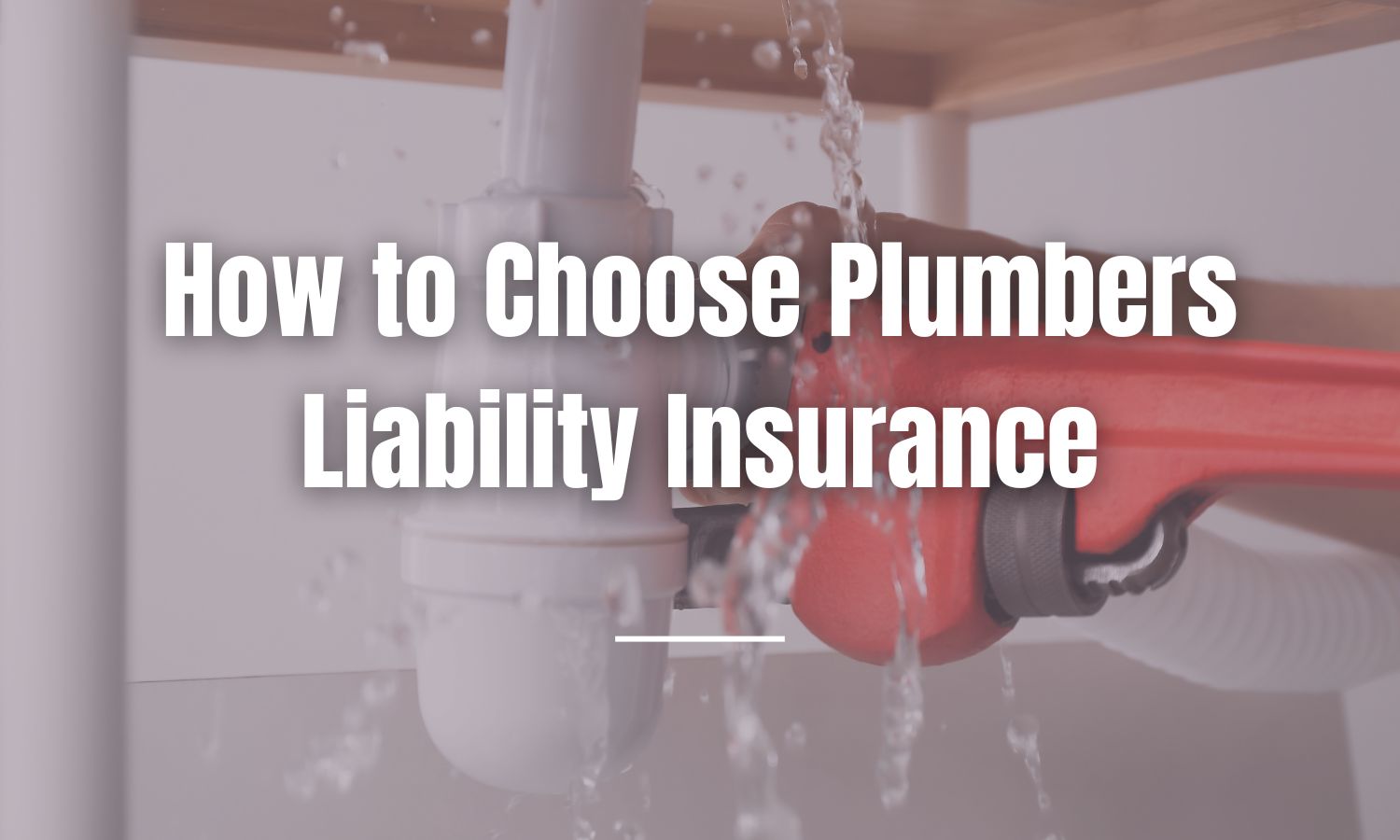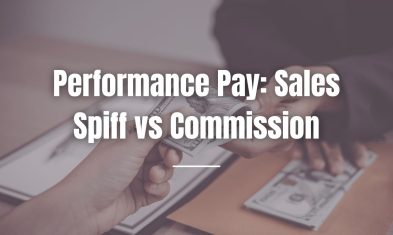One leaking fitting. One flooded basement. One $14,000 repair bill. That’s all it takes for a routine plumbing job to become a financial nightmare.
Running a plumbing business means working with high-risk systems every day. A single mistake—or even a problem you didn’t cause—can lead to property damage, costly lawsuits, and a hit to your hard-earned reputation.
That’s why having the right plumbers liability insurance is essential. It protects your business when accidents happen, reassures your customers, and helps you take on bigger jobs with confidence.
What Plumbers Liability Insurance Covers
While coverage details vary by policy, most plans protect you against:
- Property damage from plumbing work (e.g., water damage to floors or walls)
- Injuries to customers at your work site
- Legal fees if someone sues your business
- Damage to customer belongings during repairs
- Costs to fix plumbing mistakes after a job is complete
Fun Fact: Water damage is the most common home insurance claim in the U.S.—making liability coverage a must-have for plumbers.
Why Every Plumbing Business Needs Liability Insurance
Plumbers face unique risks every single day. In fact, 1 in 60 insured homes in the U.S. files a water damage claim each year, and many involve plumbing systems.
Example: You install a new water heater. A fitting fails a week later, flooding the basement and ruining thousands in belongings. Without plumbers liability insurance, you’d pay for all that damage yourself.
Average home water damage claim payout: $13,954
The good news? Plumbers liability insurance can cost as little as $75 per month—a fraction of what a single claim could cost.
Types of Coverage to Consider
Knowing your coverage options helps you choose the right protection:
General Liability Insurance
Covers third-party injuries and property damage.
Example: A customer trips over your tools or you accidentally damage their tile floor.
Professional Liability Insurance (Errors and Omissions)
Covers mistakes in your work.
Example: A misinstalled fitting causes a leak months later. Typical repair costs range from $1,000–$4,000.
Product Liability Insurance
Protects you if a part you install fails and causes damage—even if it wasn’t defective when installed.
Completed Operations Coverage
Covers problems that appear after a job is finished—critical since plumbing issues often surface weeks or months later.
What Affects Your Insurance Costs
Your monthly premium depends on:
| Factor | How It Affects Cost | Average Impact |
| Coverage Type | Different policies have different costs | General liability: $115/month, Commercial auto: $225/month |
| Business Size | More employees = higher costs | Workers’ comp averages: $195/month |
| Coverage Limits | Higher limits = higher costs | $1M limit standard |
| Deductibles | Higher deductibles = lower premiums | $500-$1,250 typical |
| Business Property Value | High-value tools cost more to insure | Tools: $19/month |
Source: Insureon plumbing insurance cost data
- Location matters: High-risk weather zones or litigious cities often mean higher premiums.
Experience counts: The longer you’ve been in business with no claims, the lower your rates.
Fun Fact: As of 2022, water damage and freezing accounted for 27.6% of all home insurance claims. This shows how important it is for plumbers to have solid liability coverage!
How Much Coverage Do You Actually Need?
Most experts recommend at least $1 million in general liability coverage for plumbing businesses. This might sound like a lot, but remember that insurance companies pay an average of $13,954 per home water damage claim. A single serious incident could involve multiple claims and legal fees.
Consider these factors when selecting the right plumbers liability insurance for your business:
- Small repair jobs? You may be fine with lower limits.
- Commercial or high-value work? You’ll want higher coverage—commercial water damage can reach hundreds of thousands in costs.
- Check regulations: Some states or clients require minimum coverage levels before you can work.
Choosing the Right Insurance Company
Not all insurers understand plumbing risks. Look for:
- Industry experience – Contractors and trades-focused insurers know your risks and process claims faster.
- Financial strength – Choose A-rated or better carriers that will be around for years.
- Claims service reputation – Fast, fair claims handling is non-negotiable.
- Added value – Safety programs, legal hotlines or preventive tips can help you avoid claims altogether.
Common Mistakes to Avoid
- Buying the cheapest policy – Low premiums often mean coverage gaps.
- Skipping the fine print – Watch for exclusions that could leave you exposed.
- Underinsuring – Cutting coverage to save money can backfire big-time.
- Ignoring future growth – Pick a policy that scales as you hire and expand.
4 Steps to Get the Right Plumbers Liability Insurance
- Assess your risks – List all possible damage or injury scenarios.
- Get multiple quotes – Compare at least three insurers for price and coverage.
- Ask the right questions – What’s covered? Are completed operations included? How fast are claims processed?
- Review yearly – Update coverage as you grow or add services.
Special Considerations for Scalability
- Adding employees? You’ll need workers’ comp plus higher liability limits.
- Expanding services? Make sure new work (e.g., gas line installs) is covered.
- Using subcontractors? Require proof of their insurance—your policy may depend on it.
Tech Can Lower Your Premiums
Many insurers offer discounts for using leak detection systems or other preventive tech.
Bonus: Some now provide apps for quotes, claims filing and policy management.
Ready to protect your plumbing business? Schedule a personalized FieldEdge demo today to see how the best plumbing software can help you manage jobs, protect profits and keep your operations running smoothly.
The Bottom Line: Protecting Your Business Success
Plumbers liability insurance isn’t just a legal requirement—it’s a safety net that keeps your business alive when things go wrong.
Key Takeaways:
- Work with insurers who understand plumbing.
- Don’t choose on price alone—look for value and coverage depth.
- Review policies annually as your business levels up.
- Ask about discounts for safety programs and modern equipment.
Protect your assets, reassure your customers and focus on leveling up—not worrying.
Related: Plumber Job Management Software




